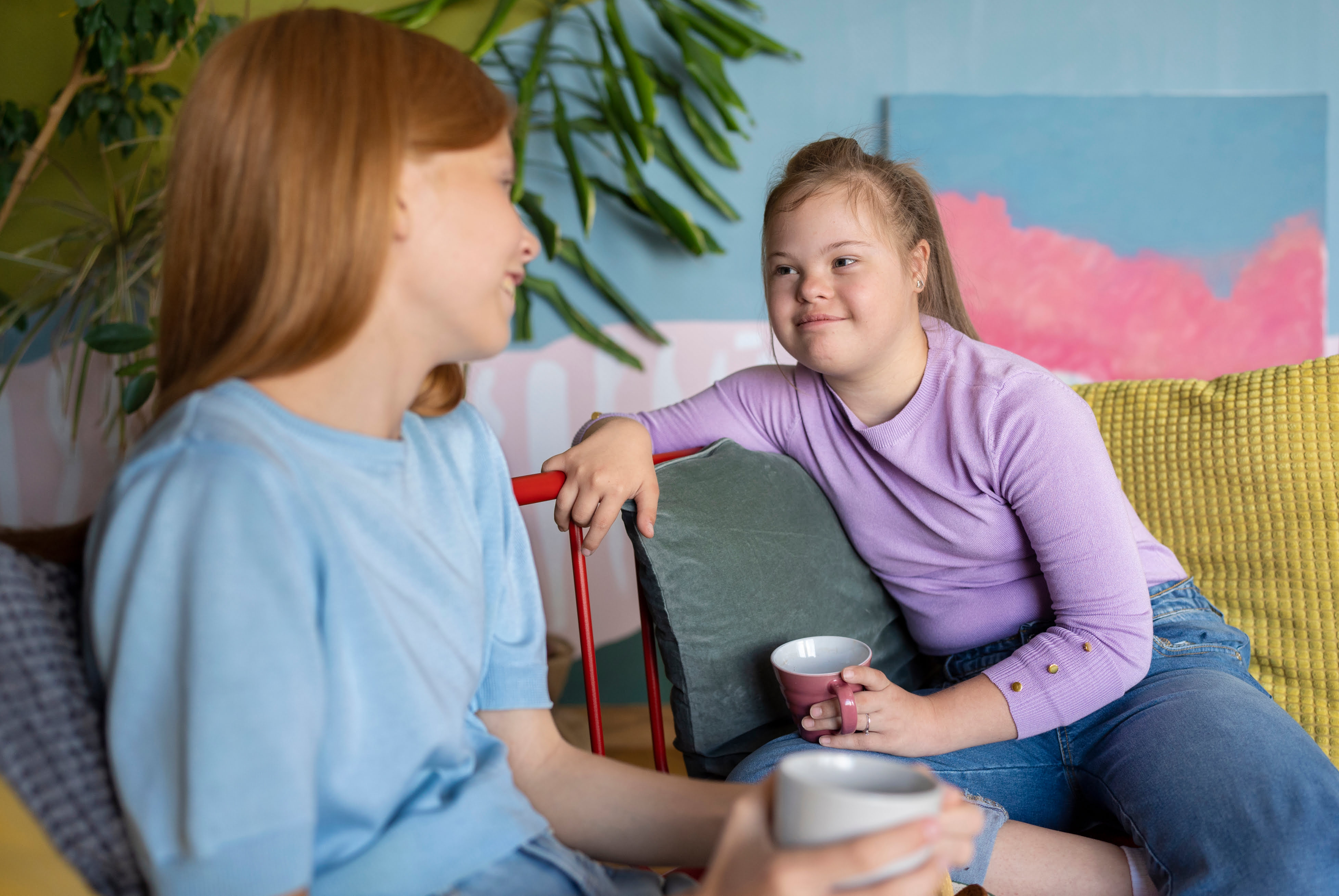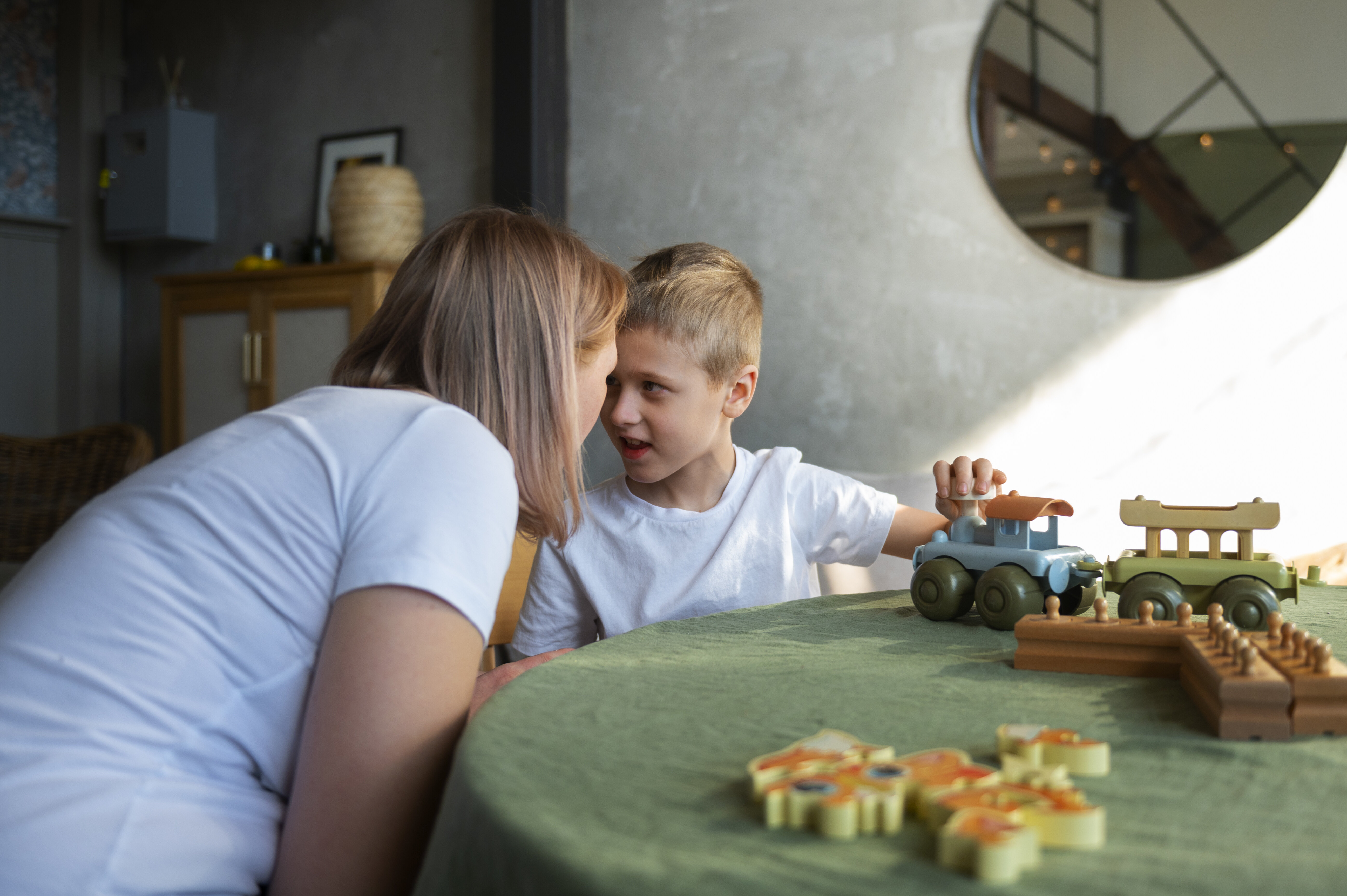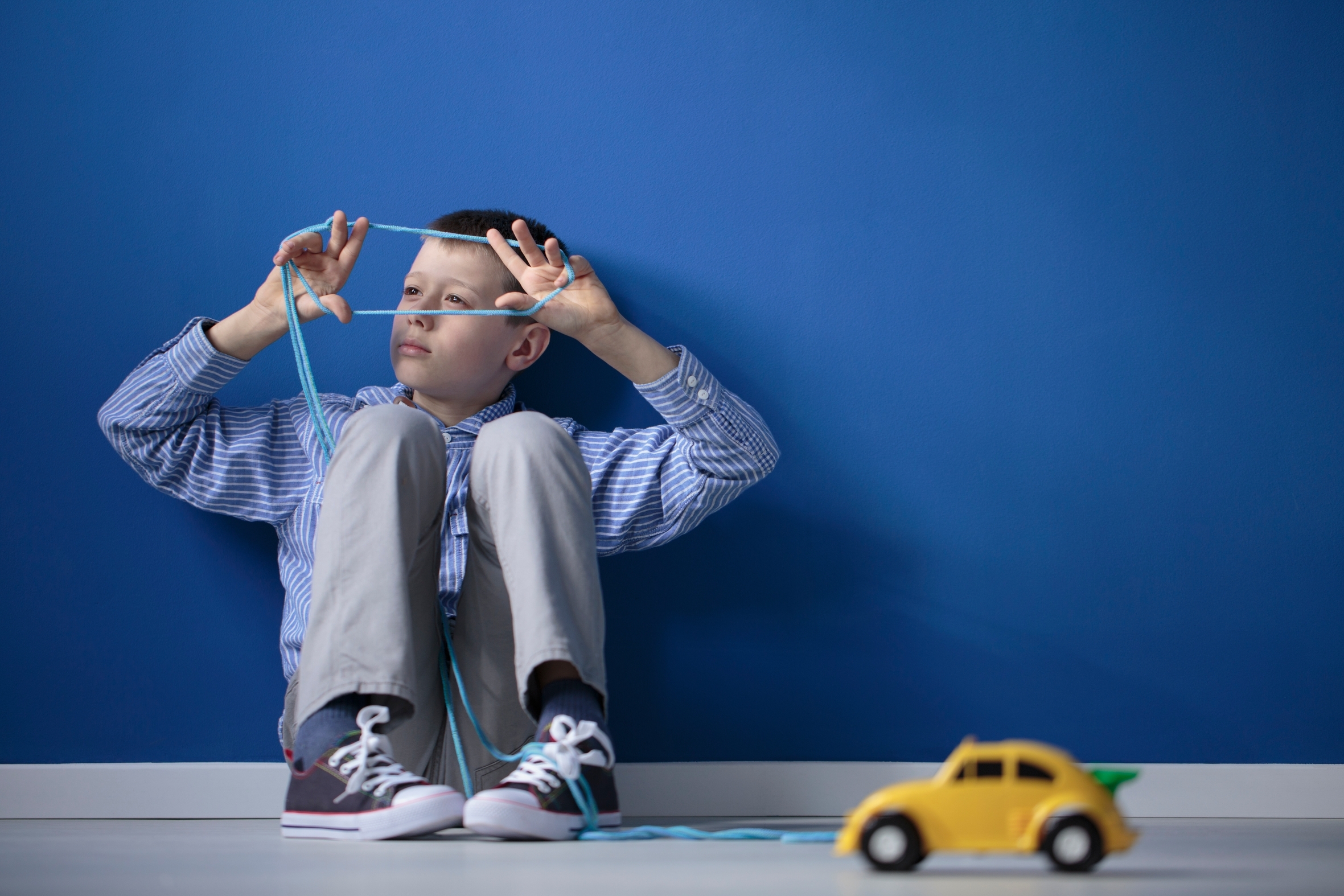Building Social Skills in Everyday Settings

Social skill development is a crucial part of every child’s journey, particularly for children living with autism who may need additional support to navigate social interactions. The good news is that everyday activities provide abundant opportunities for practising and strengthening these essential skills.
Turning Daily Routines into Learning Opportunities
The supermarket checkout, your local park, or even a family dinner can become valuable learning environments. When visiting the shops, encourage your child to say “hello” to the cashier or ask for help finding an item. These small interactions build confidence in communication while teaching appropriate social exchanges in real-world settings.
Start with structured situations where your child feels comfortable. This might mean practising at home with family members before attempting similar interactions in public. Remember that success looks different for each child – celebrating small victories helps build motivation for future social engagement.
Making Playtime Purposeful
Playgrounds offer natural opportunities for social skill development. Instead of directing your child to “go play,” help them understand how to join ongoing activities. Teach specific phrases like “Can I play too?” or “That looks fun. May I join?” Role-play these scenarios at home first, making the actual playground interaction less daunting.
For younger children, parallel play (playing alongside others without direct interaction) can be an excellent starting point. As comfort grows, encourage simple turn-taking activities or sharing toys for brief periods. These experiences teach fundamental social concepts like cooperation and compromise.
Navigating Family Gatherings
Family events can be overwhelming but provide valuable opportunities for practising social skills in a supportive environment. Before attending, discuss what to expect and develop simple strategies for managing social interactions. This might include:
- Setting up a quiet space where your child can take breaks when feeling overwhelmed
- Practising greetings and common social exchanges with family members
- Establishing a signal system for when your child needs support or space
- Having familiar activities or toys available to share with cousins or other children
Using Visual Supports and Social Stories
Create simple visual guides or social stories about common social situations. These can help your child understand expectations and appropriate responses in different settings. Photograph familiar locations like the local library or favourite café, and use these images to discuss and practise social skills relevant to each setting.
Building Communication Through Daily Activities
Incorporate communication opportunities into everyday routines. During meal preparation, encourage your child to request ingredients or tools. At bedtime, practise conversation skills by discussing the day’s events. These natural interactions build vocabulary and teach conversation flow without the pressure of formal instruction.
Supporting Peer Relationships
Look for structured activities aligned with your child’s interests where they can interact with peers. Whether it’s a coding club, sports team, or art class, shared interests provide natural conversation starters and motivation for social interaction. Support these relationships by arranging small playdates or activities where your child can practice social skills in a controlled environment.
Managing Challenges and Setbacks
Social development isn’t always linear. Some days will be more challenging than others, and that’s okay. Pay attention to what situations cause stress or anxiety for your child and adjust your approach accordingly. Sometimes, breaking down social interactions into smaller, manageable steps can help overcome obstacles.
The Role of Technology
While face-to-face interaction is crucial, technology can support social skill development. Some apps and games designed for children with autism offer structured ways to practise reading facial expressions, understanding emotions, and responding to social situations. Use these tools as supplements to real-world practice, not replacements.
Professional Support and Resources
Most important of all is working with qualified professionals, who can provide valuable strategies tailored to your child’s specific needs. Therapists can help identify areas for development and suggest practical approaches for building social skills in everyday settings.
Moving Forward
Remember that social skill development is a journey, not a destination. Celebrate progress, however small, and maintain realistic expectations. By turning everyday situations into learning opportunities, you’re helping your child build the social confidence and competence they need for meaningful relationships and interactions.
The most effective approach is often a natural one, integrated into daily life rather than treated as separate “training sessions.” With patience, consistency, and the right support, children undertaking a well-calibrated early childhood intervention program can develop strong social skills that serve them well throughout their lives.
Published On : January 24, 2025
Read more
Published On : January 24, 2025
When a family has a child with autism, the dynamic of the household is often shaped by the unique needs and experiences of that child. While parents and caregivers naturally focus much of their attention on providing the best possible support the child with their special needs, the experiences of neurotypical siblings should not be overlooked.
Published On : March 12, 2025
For parents of children living with autism, navigating emotional outbursts can be a challenging and often overwhelming experience. Among these behaviours, meltdowns and tantrums are common, yet they stem from different causes and require different approaches. Understanding the difference between a meltdown and a tantrum is crucial for parents, caregivers, and educators to respond effectively and support the child in the best possible way.


